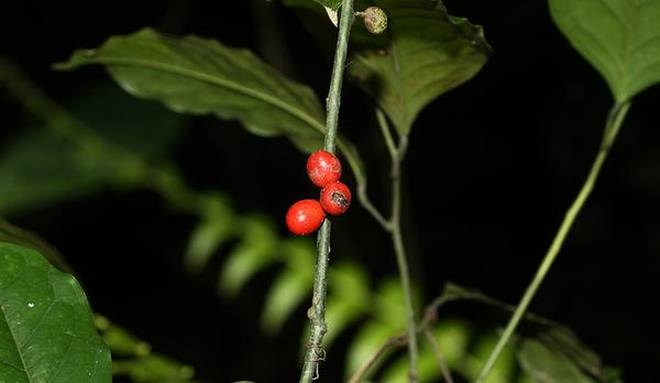This small shrub Drypetes gets named after former President Dr Kalam
Kolkata, February 25: Scientists from the Botanical Survey of India have identified a new plant species from two protected National Parks in West Bengal. Standing just 1 metre tall, the newly described plant is unisexual in nature, which means they have separate male and female plants. The new plant was named after former President Abdul Kalam.

The new species is a close relative of a medicinal plant known in Sanskrit as Putrajivah. NASA had recently named a new bacterium after Dr Kalam, and thus the researchers also chose his name as he is a big inspiration for students and young researchers.
Later it was found that both the plants belonged to the same species. Further consultations with plant biologists from India and abroad helped to confirm its new identity. The researchers compared the new plant with other Drypetes species and found differences in the leaf, flower and fruit structures. There are about 220 species of Drypetes identified across the globe of which 20 have been reported from India.
The new species is found in wet, shaded areas of subtropical moist semi-evergreen forests, at a height ranging 50-100 metres. With pale yellow flowers in clusters and bright orange to red fruits, the plant is exclusive to the two national parks.
By following the IUCN (International Union for Conservation of Nature) rules, the scientists have provisionally assessed the plant to be “Critically Endangered”. The report states forest fires and grazing as two plausible threats to the new species.